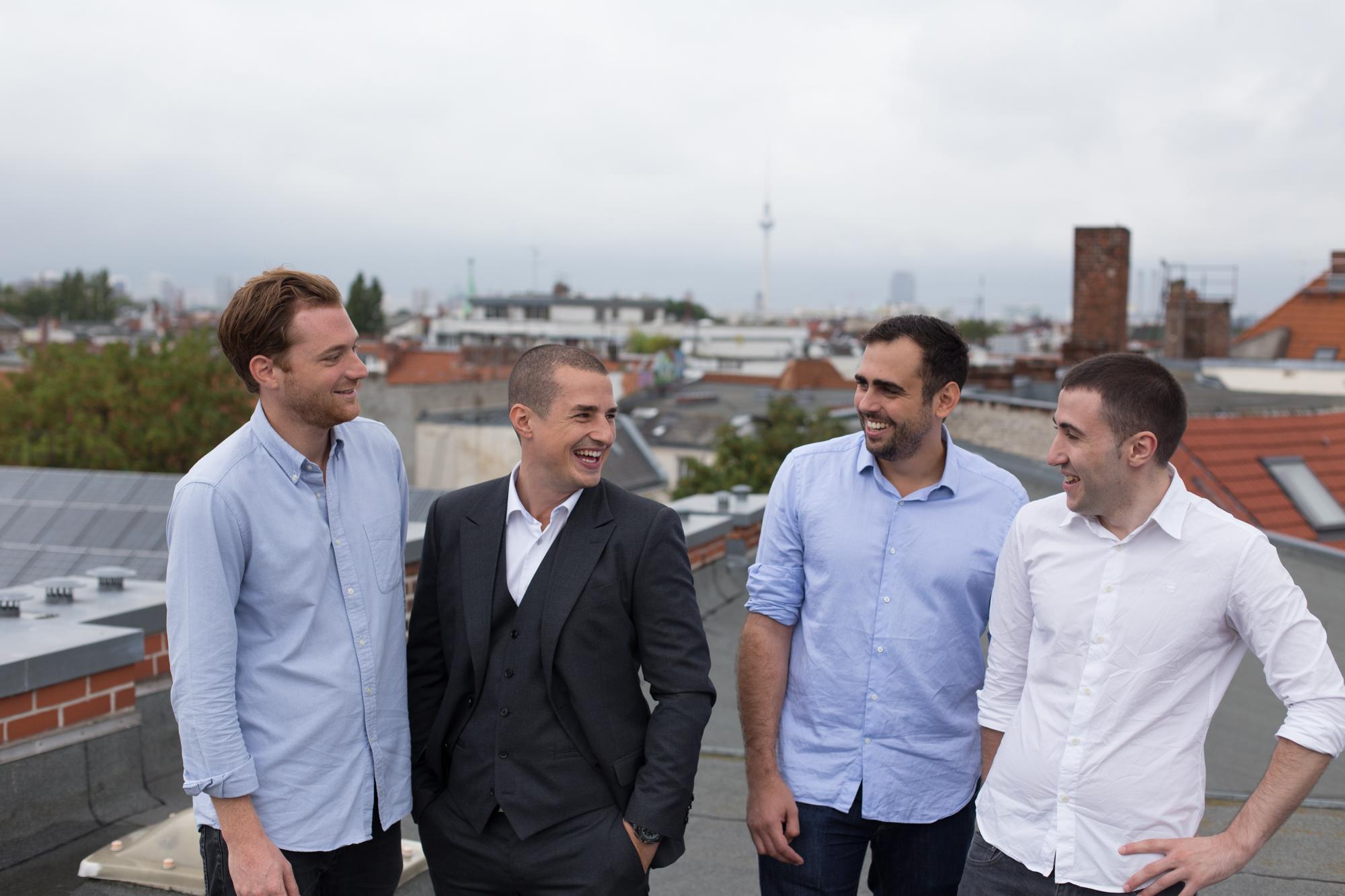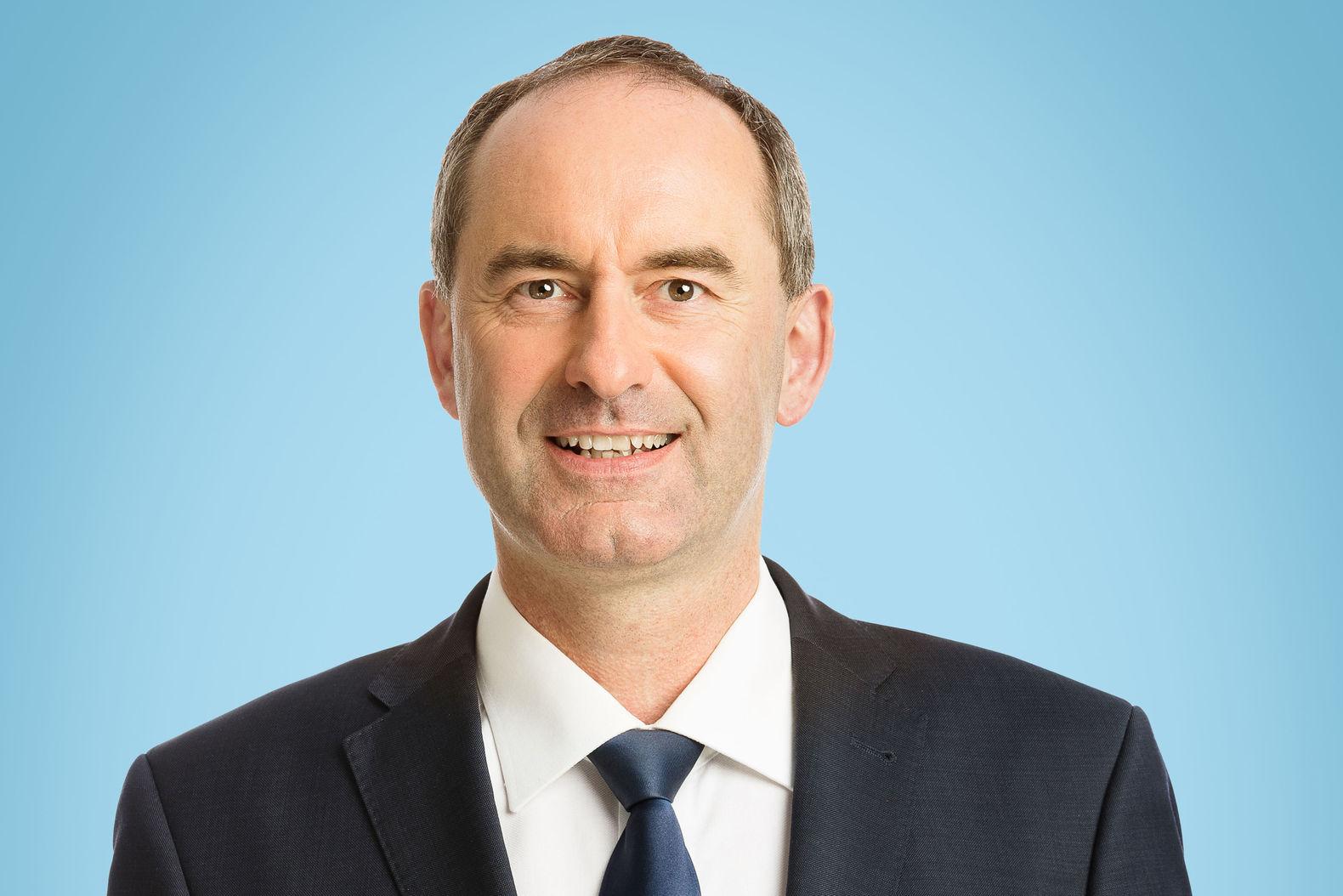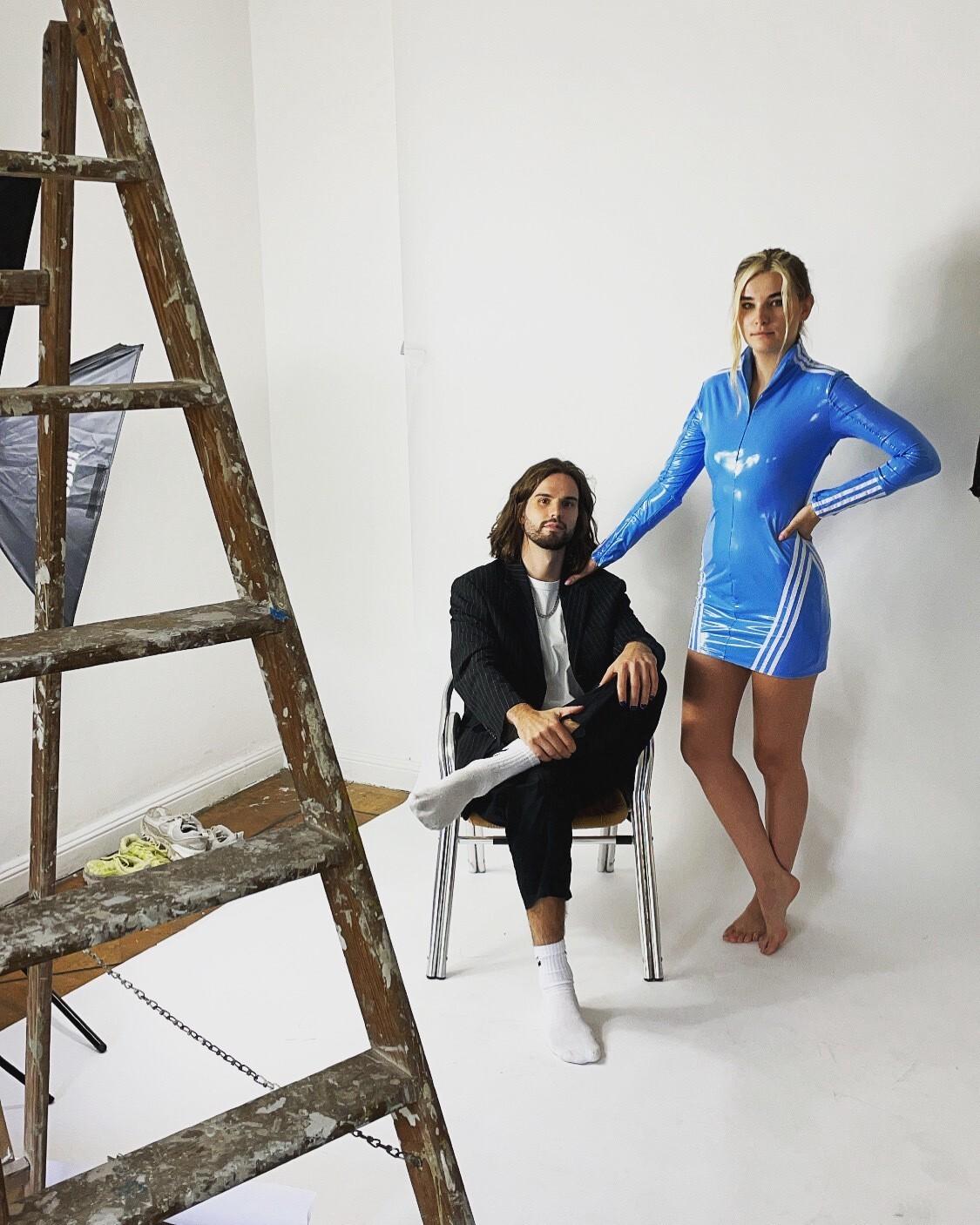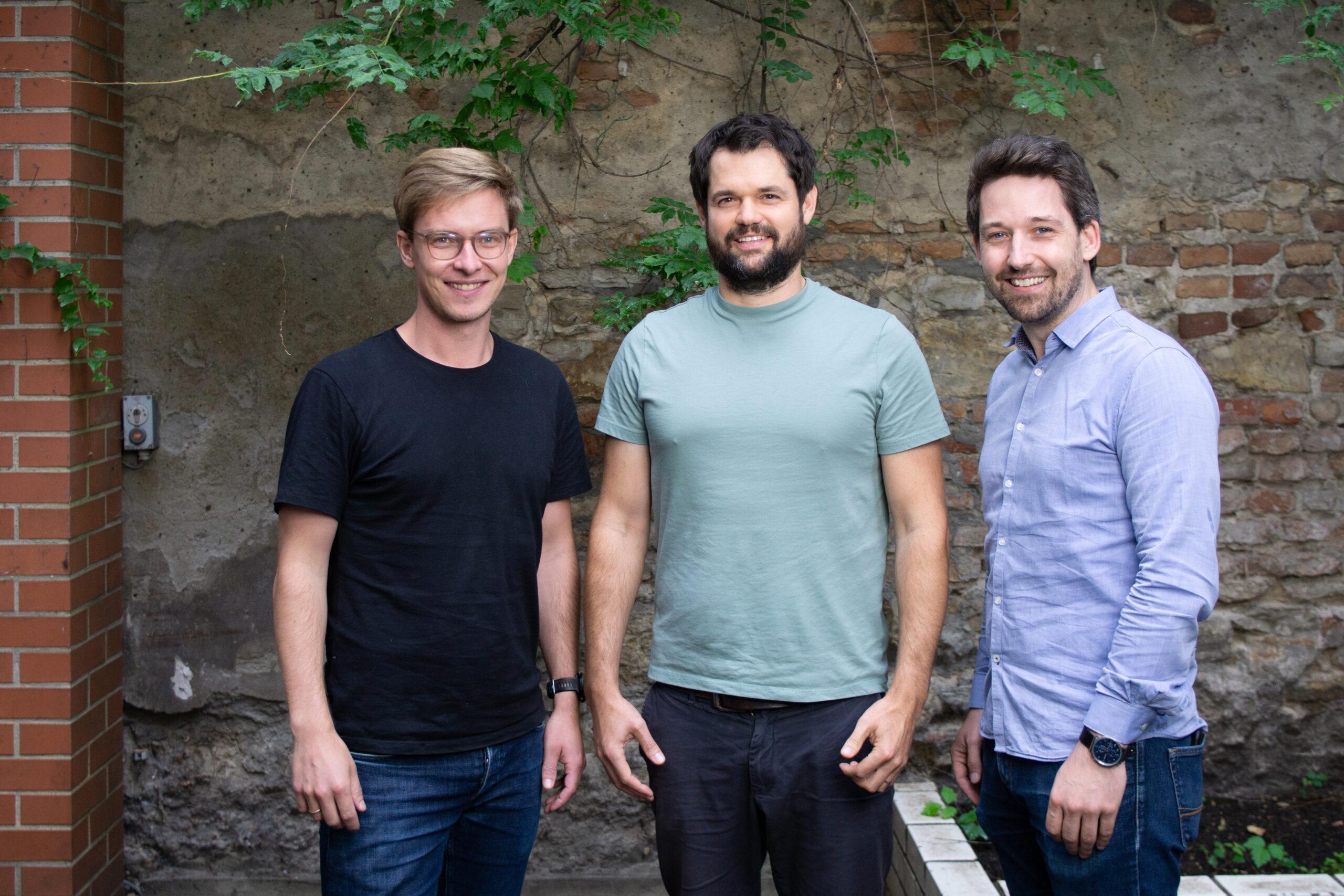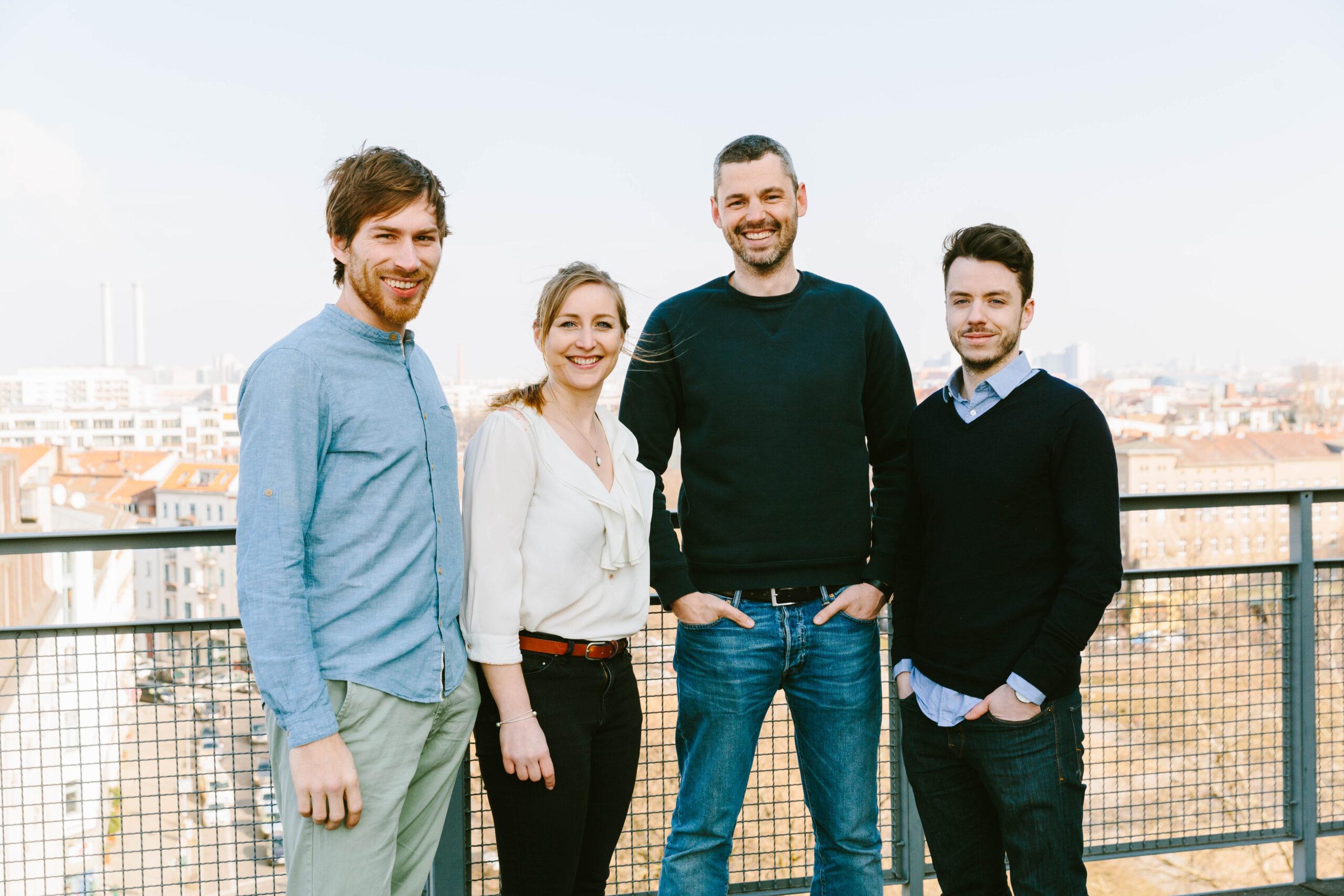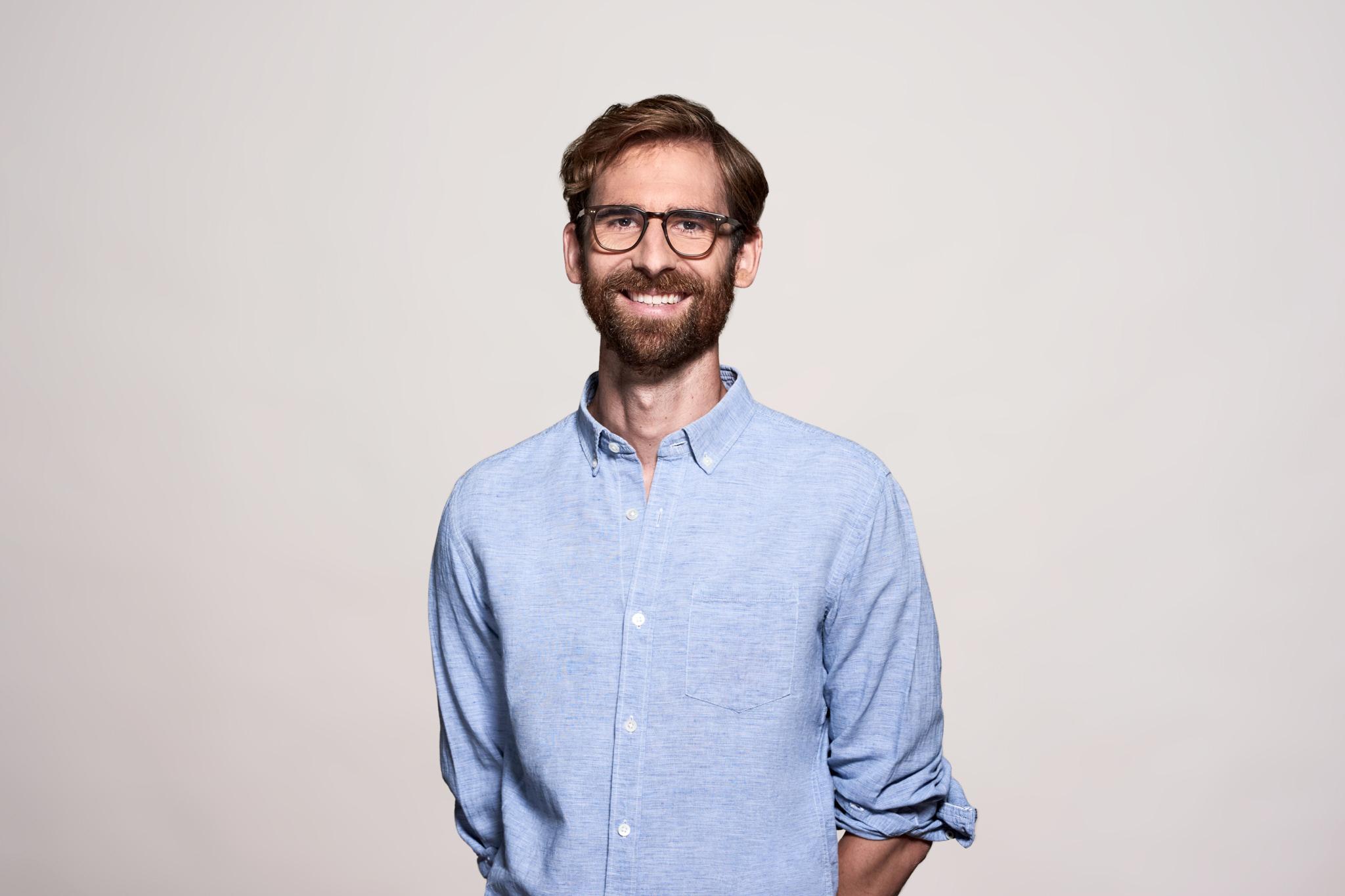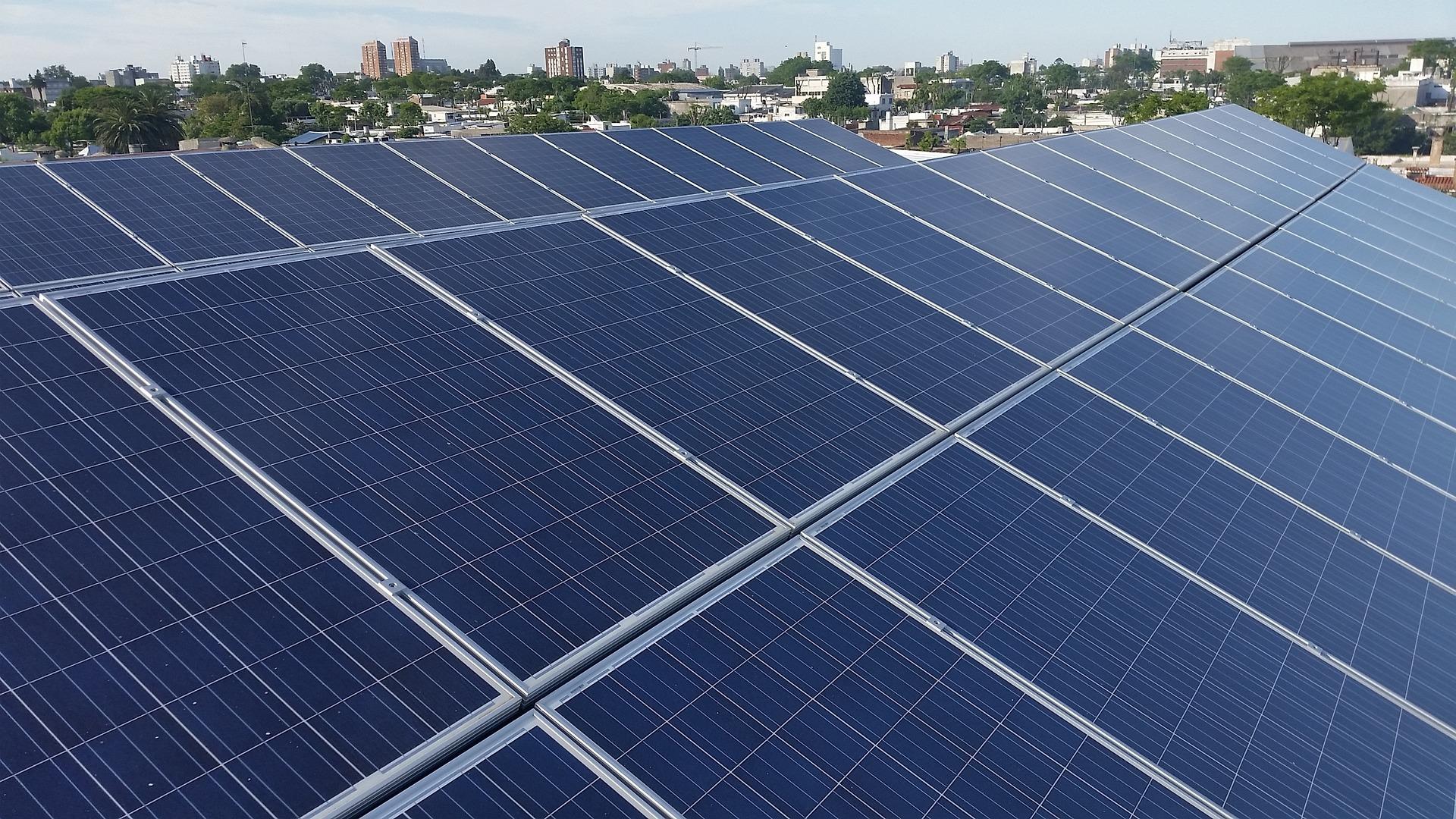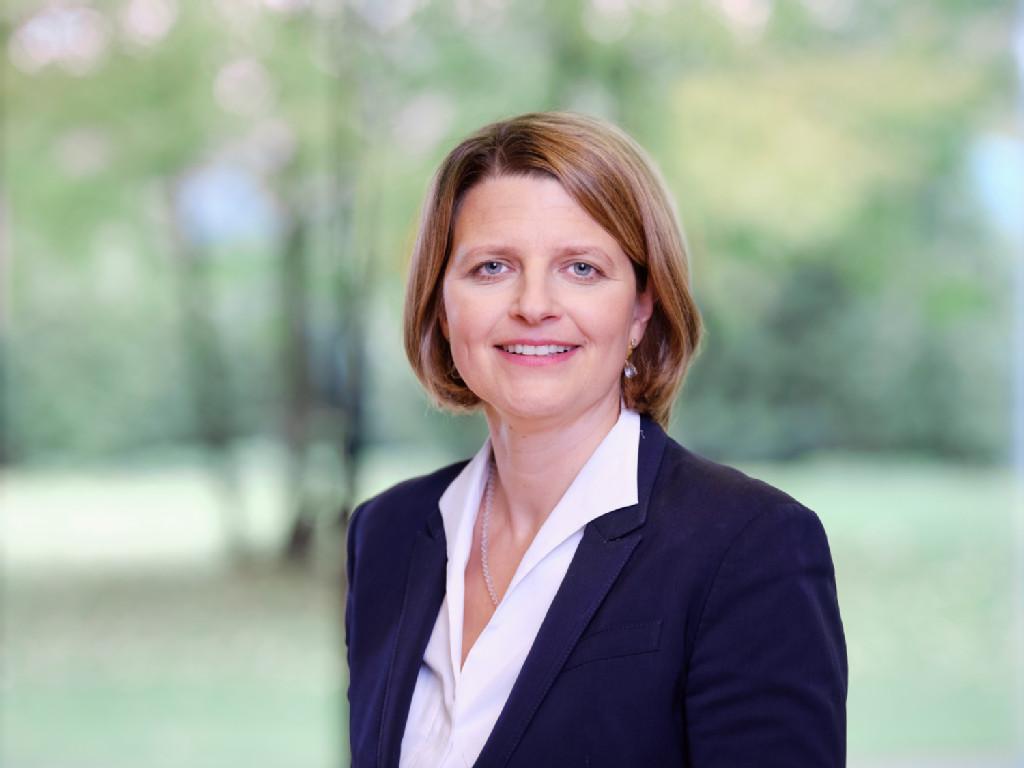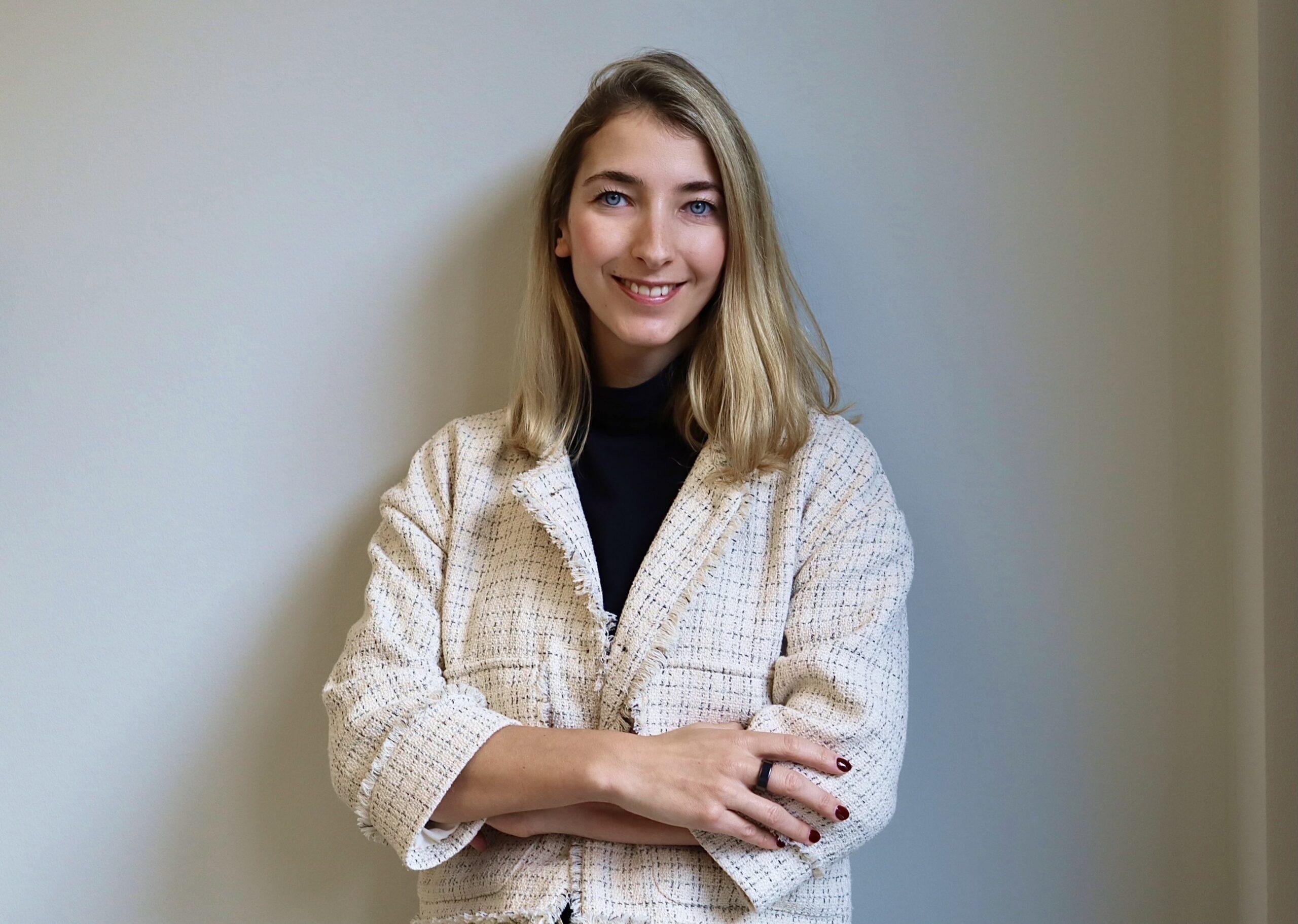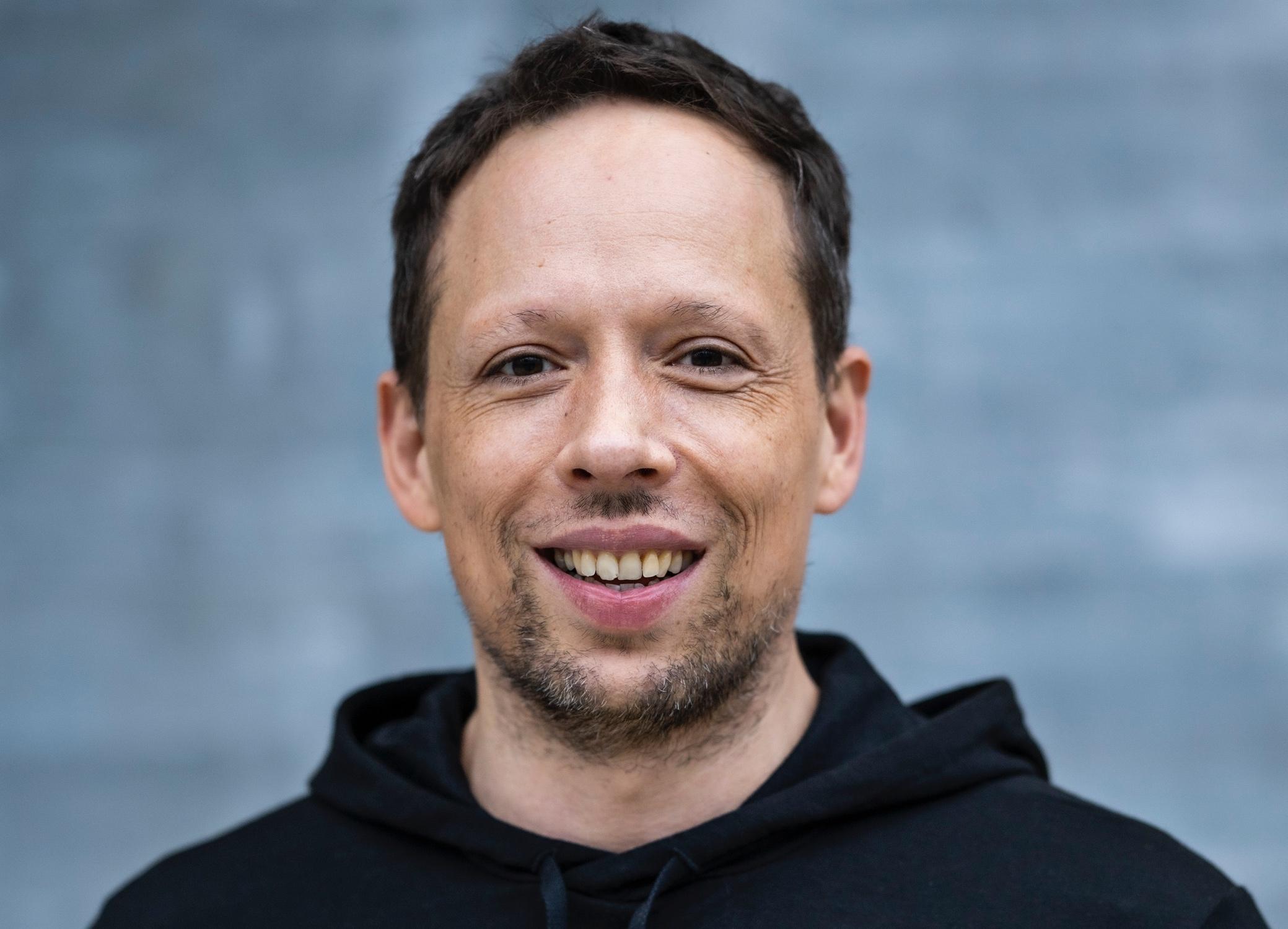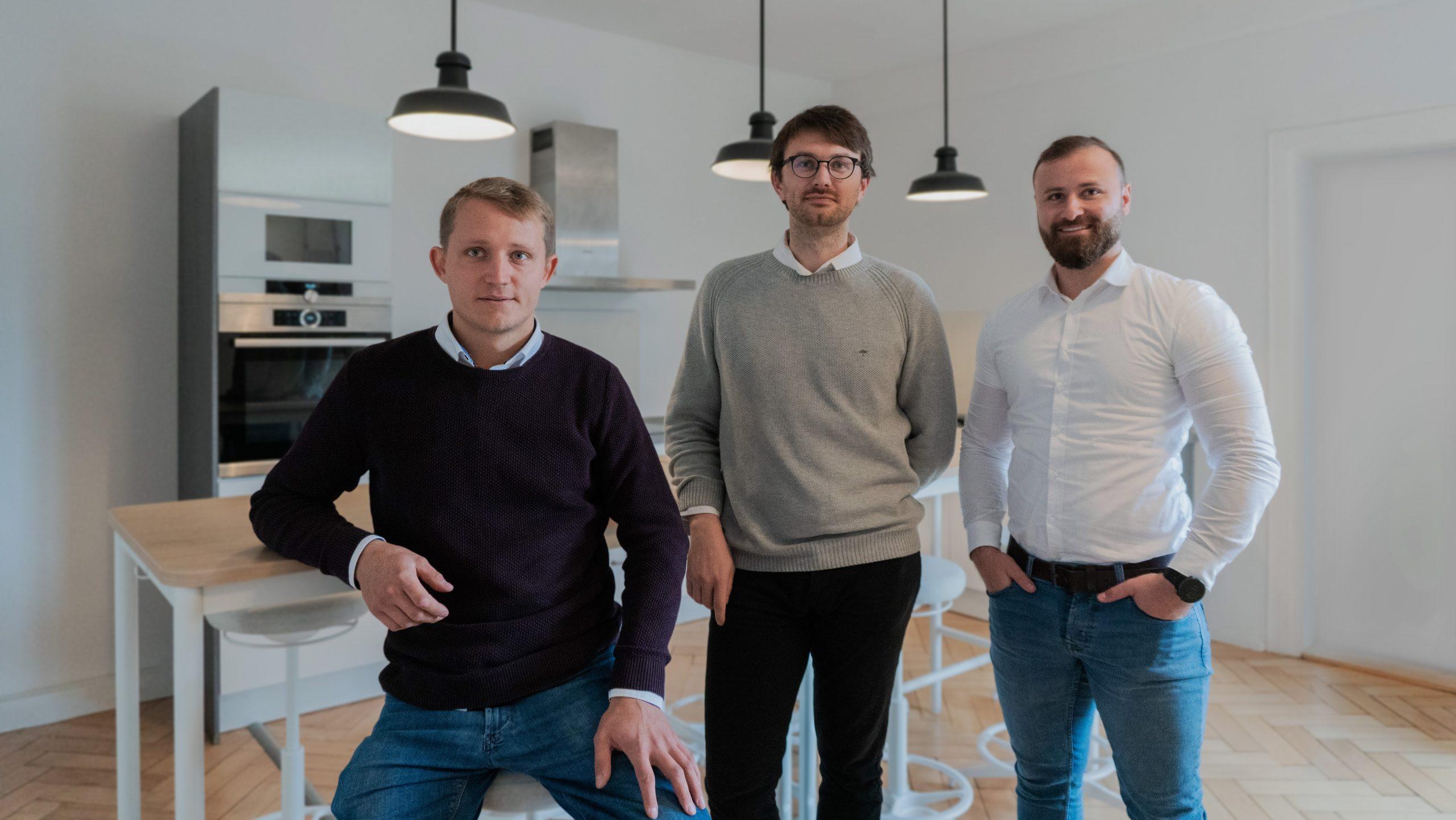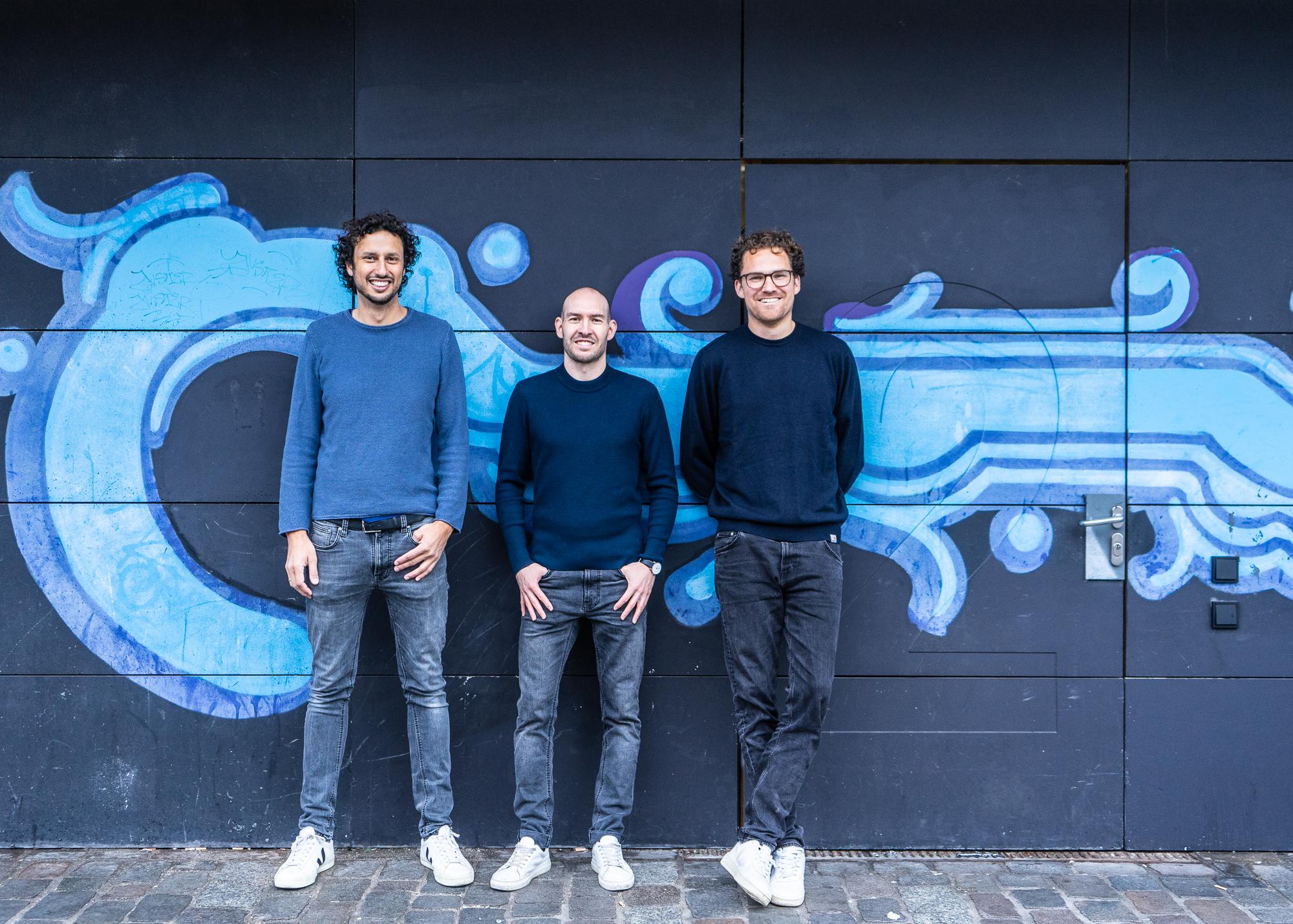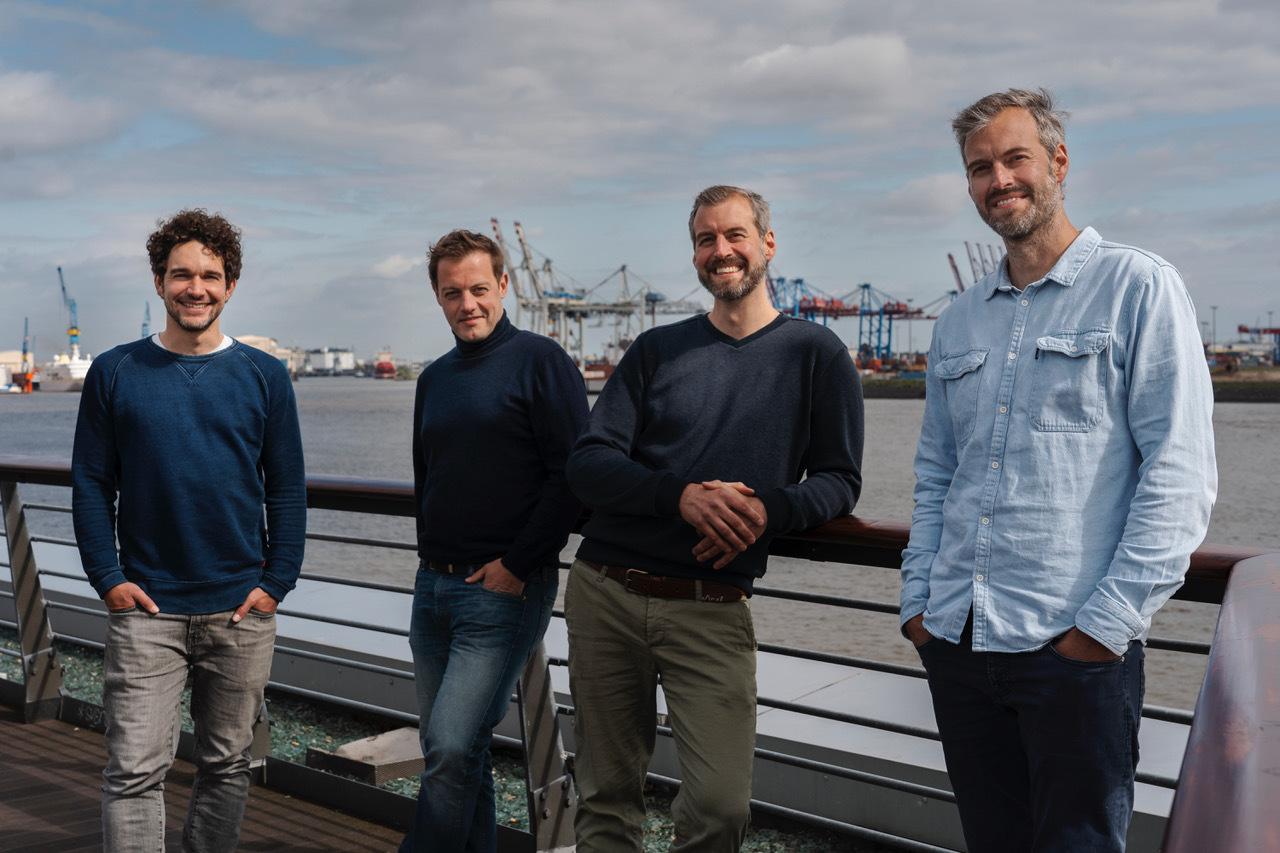"Sustainable startups are more resilient to crises"
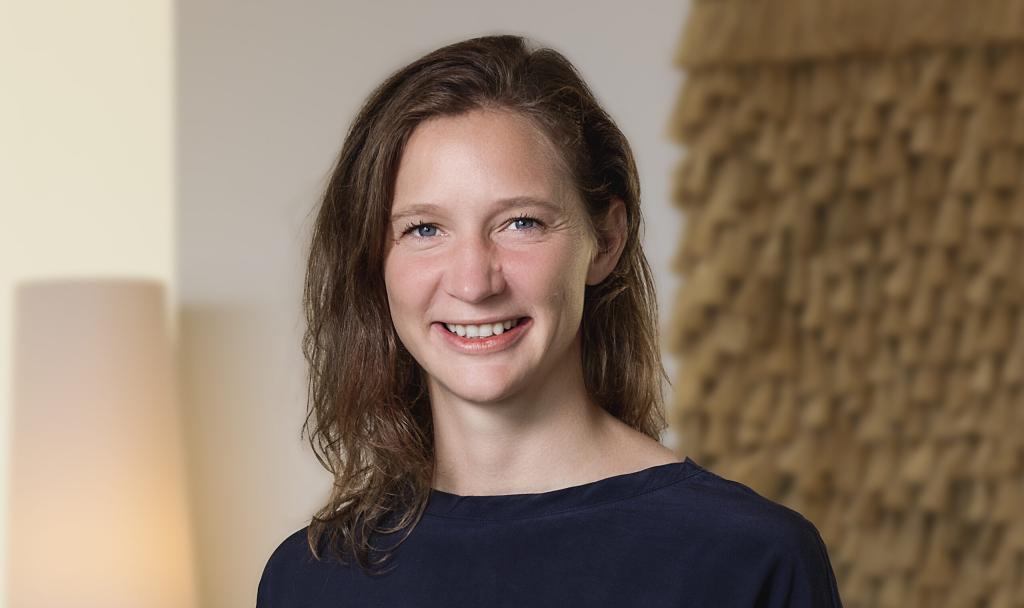
Tina Dreimann invests in impact startups as a business angel. In this interview, she talks about the current investment climate and urges investors and founders to remain courageous.
There was a time when Tina Dreimann took care of turtles in Costa Rica during her studies. Then she went to the management consultancy Bain & Company. Only then did she enter the start-up world. Today, the 40-year-old is an investor and focuses on impact startups. In retrospect, all your previous stations prepared you for this role as a business angel, she says.
Ms. Dreimann, there are now almost daily reports of startups whose valuations are collapsing and of young companies that have to lay off employees. There are startup representatives who, in light of this, speak of a crisis, while others merely see a normalization of the market. How do you see it?
Tina Dreimann: I think we are still a long way from a crisis. At best, we can talk it up and create it ourselves if we hesitate now. However, there are some criteria that are now becoming more important again in investments. And I am convinced that the money is still there. We'll have to continue to stretch ourselves to find the good start-ups.
Which ones would that be?
Founders should ask whether they have a relevant business model that is also viable in macroeconomic crises, and they should - I can't emphasize this strongly enough - have a good team.
So what do you think makes a good team?
The team has to have passion. There's a saying "Passion beats Experience" and I think there's a lot to that. It takes a founder or a founder who can carry people away. The person must be able to convince investors, employees and customers. And the team must of course be able to develop a successful business model.
But these are all criteria that VCs have been calling for years. Imagine the opposite: Who wants to invest in a bad team and business models that are not viable?
That may be, but the question is whether they have really adhered to these criteria in the past. Moreover, there have also been more inexperienced investors recently who have driven up valuations of startups. They are now becoming more cautious in light of the current mood. I can say, looking at our Angels Club, that we haven't had to change our investment criteria this year. There are a good 60 investment criteria in our due diligence. The only thing we are doing now: We are looking even more at survivability in macroeconomic crises.
Of your members, no one is unsettled at the moment?
We just did a survey on that. Even when Russia started the war in Ukraine, most of us said they didn't see any impact on their investments. Three groups have crystallized. 16 percent said they would be more cautious after all. 71 percent are not changing anything and 13 percent even have a now-first-right mentality.
You belong to group three yourself?
Yes, precisely because of my role as an impact investor, I believe we are running out of time on some issues. We simply cannot procrastinate now. We have massive problems: the climate crisis, the decline of biodiversity, health issues, also education for a better future. That's what I mean by relevant business models, by the way: Start-ups are ideally suited to solve the problems of our time. They are more nimble than large companies, or government agencies. And it is precisely these problems that start-ups should address.
Are sustainable start-ups more crisis-proof?
Yes, if there is a viable business model behind them, not a philanthropic one. As investors, we want to combine profitability with impact. For me, viability also means that founders have their figures under control. They have to know where their money comes from and what they spend it on. Then they can make the right adjustments in times of crisis, for example to extend their burn rate, i.e. the time until they run out of money. That may sound trivial, but an alarming number of founders have difficulties with this.
Thank you very much for the interview.
Personal details: Tina Dreimann worked for five years at the management consultancy Bain & Company before she was drawn to the start-up world. First she went to Friendscout24. Later, she joined Cardmaking as a Business and Agile Coach. In 2019, she became co-founder of the business angel network Better Ventures.
FYI: English edition available
Hello my friend, have you been stranded on the German edition of Startbase? At least your browser tells us, that you do not speak German - so maybe you would like to switch to the English edition instead?
FYI: Deutsche Edition verfügbar
Hallo mein Freund, du befindest dich auf der Englischen Edition der Startbase und laut deinem Browser sprichst du eigentlich auch Deutsch. Magst du die Sprache wechseln?


